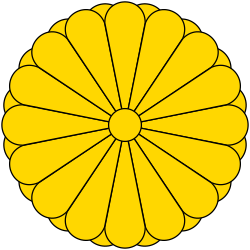| | First party | Second party | Third party |
|---|
| | | | | | Leader | Eiichi Nishimura (acting) | Ichio Asukata | Yoshikatsu Takeiri |
|---|
| Party | LDP | Socialist | Kōmeitō |
|---|
| Last election | 44.59%, 248 seats | 19.71%, 107 seats | 9.78%, 57 seats |
|---|
| Seats won | 284 | 107 | 33 |
|---|
| Seat change |  36 36 |  |  24 24 |
|---|
| Popular vote | 28,262,441 | 11,400,748 | 5,329,942 |
|---|
| Percentage | 47.88% | 19.31% | 9.03% |
|---|
| Swing |  3.29pp 3.29pp |  0.40pp 0.40pp |  0.74pp 0.74pp |
|---|
| | | Fourth party | Fifth party | Sixth party |
|---|
| | | |  | | Leader | Sasaki Ryōsaku | Kenji Miyamoto | Yōhei Kōno |
|---|
| Party | Democratic Socialist | JCP | New Liberal Club |
|---|
| Last election | 6.78%, 35 seats | 10.42%, 39 seats | 3.02%, 4 seats |
|---|
| Seats won | 32 | 29 | 12 |
|---|
| Seat change |  4 4 |  10 10 |  8 8 |
|---|
| Popular vote | 3,896,728 | 5,803,613 | 1,766,396 |
|---|
| Percentage | 6.60% | 9.83% | 2.99% |
|---|
| Swing |  0.18pp 0.18pp |  0.59pp 0.59pp |  0.03pp 0.03pp |
|---|
|
















